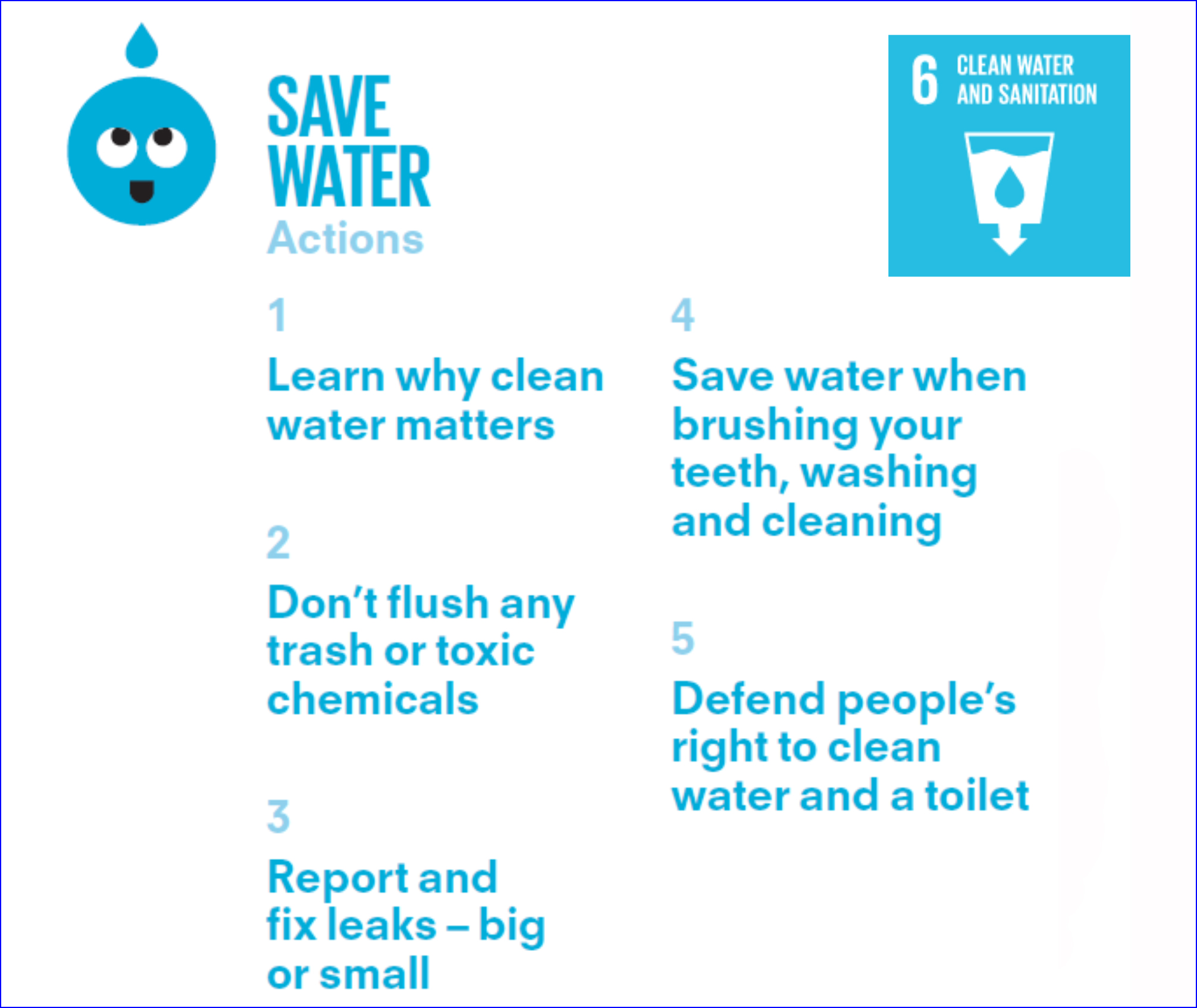NEAID (Northeast Centre for Equity on Integrated Development)
NEAID

WASH
NEAID is actively engaged in different WASH (Water, Sanitation, and Hygiene) programs due to their significant impact on public health, water conservation, and community empowerment. These programs are essential for reducing the prevalence of waterborne diseases like diarrhea, cholera, and dysentery, which pose significant health risks in many parts of India. By improving sanitation and hygiene practices, NEAID aims to enhance community health and reduce child mortality rates. In India, where 600 million people face high to extreme water stress according to NITI Aayog, these initiatives focus on promoting water conservation, efficient water usage, and sustainable water resource management to address severe water scarcity issues. Notably, about 43% of households in India had access to handwashing facilities with soap and water (Source: NITI Aayog, 2019). Similarly, NFHS-5 (2019-2020) reports that approximately 68% of households in Assam had access to improved sanitation facilities, underscoring the ongoing need for and impact of NEAID’s WASH interventions in the region.
NEAID’s initiatives in WASH empower individuals, especially women and children, through education on sanitation and hygiene, improving their living conditions and health. The program also advocates the community on sustainable practices such as rainwater harvesting and preserving the environment and ensuring clean water for future generations. In the face of climate change and increasing water scarcity, the program enhances the community resilience by promoting adaptive practices and technologies. NEAID is supporting the government initiatives like the Swachh Bharat Mission, Jal Jeevan Mission and complement the national efforts and contribute to the Sustainable Development Goals related to clean water, sanitation, and good health. The program is implemented at both the school and community levels, encouraging community involvement and ownership by children, fostering collective action towards sustaining our water resources, improved sanitation and hygiene conditions.
Focus Areas
- Building the community and panchayat’s capacity to demand, maintain and manage water supply systems in the village.
- Preparing students as change agents in the community through practicing small initiatives in the school to save water and the environment along with health and hygiene practices.
- Creating community ownership to work towards preserving water resources and the environment.
The strategies adopted under the program include:
- Conducting Cluster and Village Level meetings with Women Groups, Panchayat Members, Village Heads
- Interpersonal Communication with each household to make them aware of their contribution to society and mother nature.
- Capacity building of mothers group on social audit, water testing, village resource mapping, etc.
- Supporting the Village Water Committee to hold meetings, draft committee bylaws, open accounts, etc.
- Conducting events and teaching modules in schools on Water and Environment Conservation, Health, and Hygiene Practices.
Reach
- Household – 85,820
- Village – 480
- Panchayat – 54
- District -5
- Meeting organised at Cluster Level – 9600
- No of WUC firmed – 225
- No of IPC completed – 25000